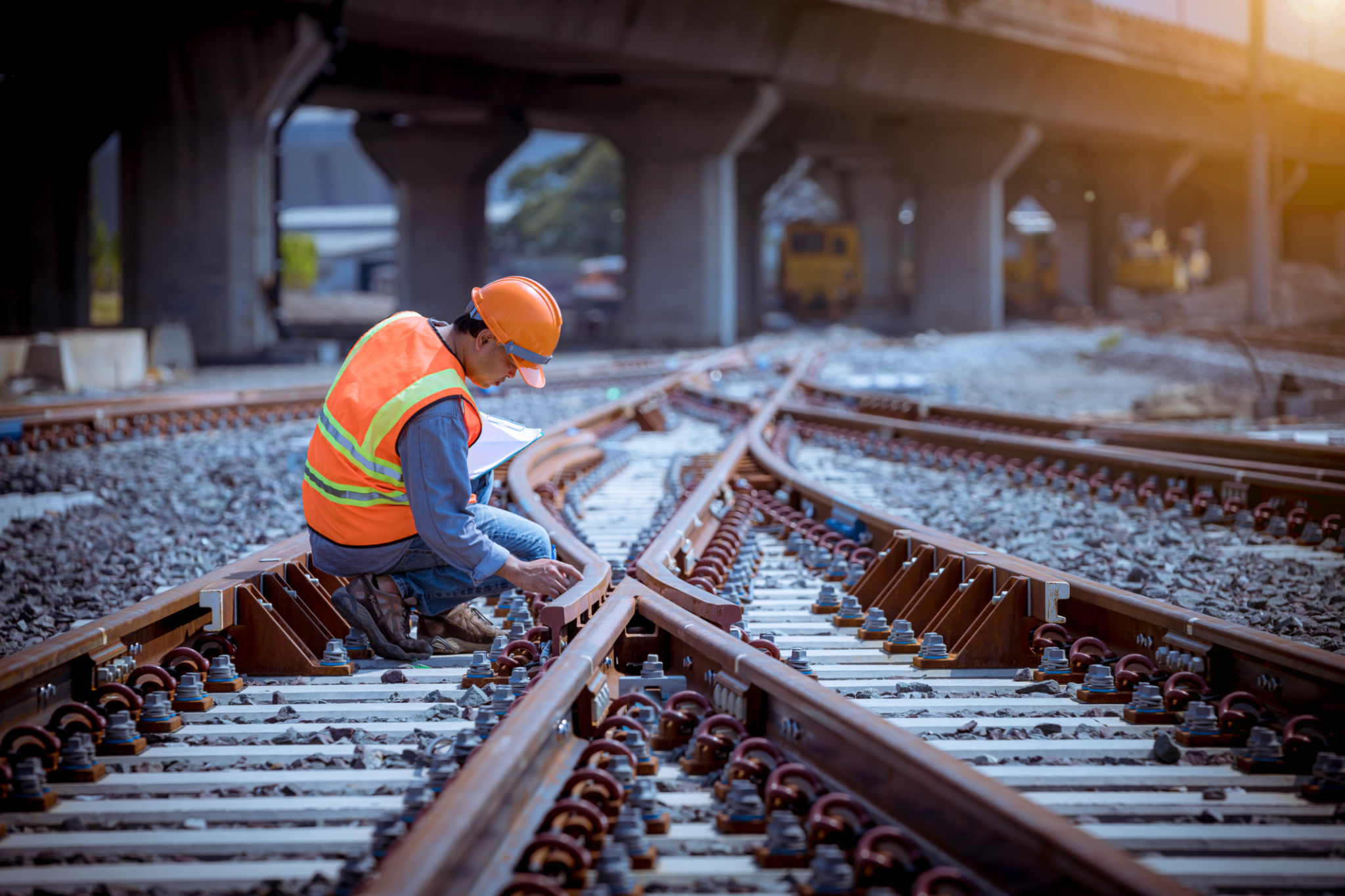Understanding the Role of Kentucky Railway Contractors in Local Infrastructure
Introduction to Kentucky Railway Contractors
The backbone of efficient transportation in Kentucky is heavily reliant on its railway systems. In this network, Kentucky railway contractors play a crucial role. These contractors are not just involved in the construction of new railway lines but also in the maintenance and upgrading of existing infrastructure. Their work ensures that the railways remain safe, reliable, and capable of supporting local economic activities.
Kentucky has a rich history intertwined with the development of railways, and the contractors working within this field continue to honor and build upon this legacy. They engage in various projects that range from large-scale operations to minor upgrades, each contributing significantly to the state's infrastructure.

The Responsibilities of Railway Contractors
The scope of work for Kentucky railway contractors is extensive. Primarily, they are responsible for the design and construction of railway tracks, which involves everything from land surveying to laying tracks. Their responsibilities also extend to the maintenance and repair of these tracks to ensure they remain in optimal condition.
In addition to track-related tasks, these contractors often handle signaling systems, which are vital for ensuring train safety and efficiency. Signal systems require regular updates and checks to prevent any potential hazards. Moreover, contractors are involved in bridge construction and maintenance, given that many railway lines traverse challenging terrains.

Impact on Local Economy and Communities
Railways are a vital component of Kentucky's economy, and contractors play a significant role in supporting this sector. By ensuring the railway infrastructure is robust and efficient, they facilitate the smooth movement of goods and people across the state. This connectivity is essential for businesses that rely on rail transport for their supply chains.
Moreover, railway contractors often provide employment opportunities within local communities. These jobs not only support families but also contribute to the local economy by increasing spending power. The presence of skilled labor in railway projects can lead to improvements in local infrastructure and services.
Challenges Faced by Railway Contractors
Despite their critical role, Kentucky railway contractors face several challenges. Weather conditions can significantly impact construction schedules, with heavy rain or snow causing delays. Additionally, navigating the regulatory landscape requires careful planning and compliance with numerous safety standards.

Another challenge is the integration of modern technology into traditional systems. As railways evolve with technological advancements, contractors must adapt by incorporating new materials and techniques while maintaining cost-effectiveness. This balance between innovation and budget constraints is a constant consideration.
Future Prospects for Kentucky Railways
Looking ahead, the future of Kentucky's railways appears promising, with ongoing investments in infrastructure development. Railway contractors are at the forefront of these advancements, driving projects that focus on sustainability and efficiency. The push towards greener practices, such as reducing carbon emissions and enhancing energy efficiency, is shaping the direction of railway projects.
Furthermore, initiatives aimed at expanding railway capacity to accommodate increasing demand highlight the pivotal role contractors will continue to play. With growing interest in high-speed rail and improved freight services, the expertise of these professionals remains indispensable.

Conclusion
In conclusion, Kentucky railway contractors are integral to the state's transportation infrastructure. Their expertise not only supports current logistical needs but also prepares Kentucky for future developments in railway technology. By understanding their role and contributions, we gain insight into how Kentucky continues to progress as a hub for railway innovation.
